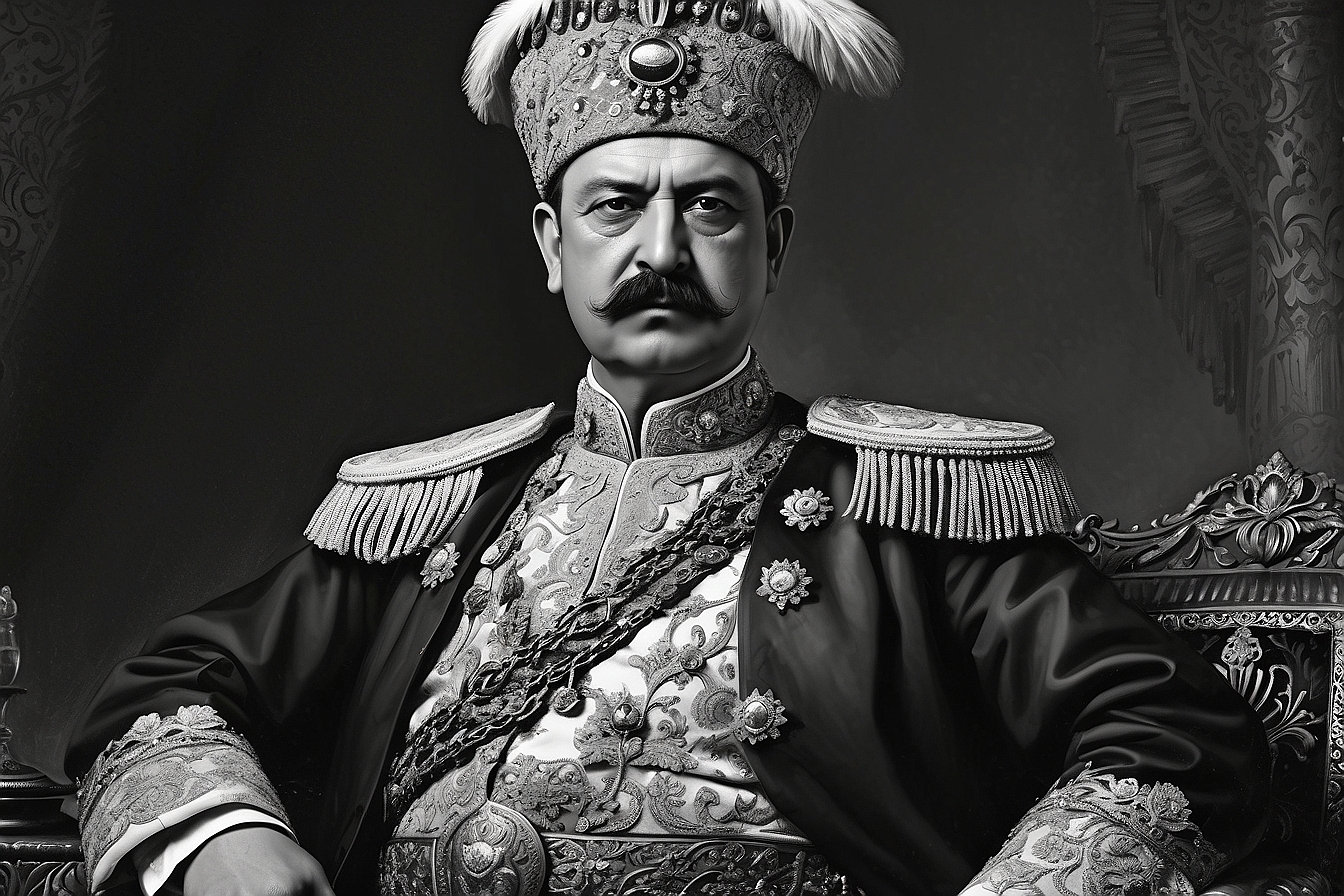
The Ottoman Empire, renowned as one of history’s most powerful and enduring empires, was guided by a lineage of influential warrior-sultans.
These leaders not only held dominion over vast territories but also played pivotal roles in shaping the empire’s culture, military strength, and governance.
This article takes readers on a captivating journey through the lives and legacies of some of the Ottoman Empire’s finest sultans.
We will explore their triumphs, navigate through the challenges they faced, and delve into the lasting impact they left on the empire.
- Read also: How did Islam Spread? The Facts About Moslem Populations
- Read also: 10 Richest Person in History
Best Sultan of Ottoman Empire
Mehmed II (1451-1481)

Mehmed II, also known as Mehmed the Conqueror, was a visionary leader of the Ottoman Empire.
Born in 1432, he ascended to the throne at the age of 12, displaying early signs of strategic prowess.
His education and exposure to statecraft contributed to his development as a leader.
However, his defining moment came in 1453 with the historic capture of Constantinople.
This conquest expanded the Ottoman Empire’s influence, marking a turning point in history.
Mehmed II’s reign was characterized by cultural and architectural advancements, creating a legacy that continues to inspire admiration.
The fall of Constantinople not only altered geopolitical dynamics but also ushered in an era of flourishing under Mehmed II’s rule.
His far-reaching vision and transformative impact on the Ottoman Empire make him a revered figure in history.
Suleiman the Magnificent (1520-1566)

Suleiman the Magnificent, a ruler of unprecedented influence, rose to power during a pivotal period of growth and transformation for the Ottoman Empire.
His military endeavors not only strengthened the empire’s might but also showcased his exceptional strategic thinking and leadership skills.
Beyond the battlefield, Suleiman was a devoted patron of the arts and culture, leaving a lasting legacy of remarkable architecture and literary achievements.
His reign is widely regarded as the zenith of the Ottoman Empire, marking a period characterized by both cultural brilliance and military prowess.
Selim I (1512-1520, 1520-1521, 1521-1526)

Selim I, also known as Selim the Grim, was a sultan of remarkable determination and ambition.
His conquest of the Mamluk Sultanate significantly altered the geopolitical landscape, solidifying Ottoman dominance.
Selim I’s reign was characterized by extensive reforms and a steadfast commitment to expanding the empire’s influence.
His legacy as a transformative leader remains strong, underscoring the lasting impact of his rule on the Ottoman Empire.
Murad III (1574-1595)

During Murad III’s rule, the Ottoman Empire experienced a gradual decline.
However, it’s essential to recognize his significant contributions to infrastructure and cultural development.
Murad III commissioned monumental architectural projects, such as the Sokollu Mehmed Pasha Bridge and the Selimiye Mosque, which stand as enduring examples of Ottoman artistry.
Additionally, he promoted religious tolerance and supported literary pursuits, leaving a lasting impact on the empire’s cultural landscape.
Mahmud II (1808-1839)

Mahmud II, a visionary and reformist sultan, ascended to power during a time of significant challenges for the Ottoman Empire.
Faced with internal and external pressures, Mahmud II implemented sweeping reforms and modernization efforts.
His legacy is marked by a commitment to guiding the empire through a transformative period, emphasizing progress and resilience in the face of adversity.
Mahmud II is remembered as a revolutionary figure who played a crucial role in shaping the Ottoman Empire’s trajectory towards a new era.
- Read also: Who were The Mamluks? Unraveling the Incredible Story of Mamluks
- Read also: 9 Iconic Russian Historical Figures
Conclusion
The most notable sultans of the Ottoman Empire have left an indelible mark on history, shaping the destiny and lasting legacy of the empire.
Their leadership, vision, and resilience serve as enduring sources of inspiration, offering timeless lessons in governance, strategy, and cultural patronage.
Exploring the lives and legacies of these remarkable leaders provides a profound understanding of the Ottoman Empire’s rich history and influential impact.



